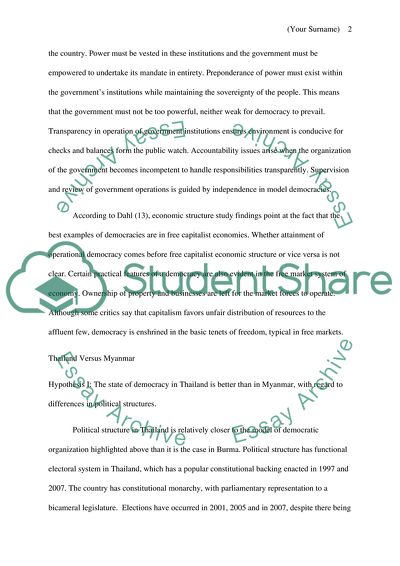Cite this document
(Democracy in Thailand and Myanmar Research Paper, n.d.)
Democracy in Thailand and Myanmar Research Paper. Retrieved from https://studentshare.org/politics/1742755-research-paper-i-democracy-in-the-world-comparison-of-myanmar-burma-and-thailand
Democracy in Thailand and Myanmar Research Paper. Retrieved from https://studentshare.org/politics/1742755-research-paper-i-democracy-in-the-world-comparison-of-myanmar-burma-and-thailand
(Democracy in Thailand and Myanmar Research Paper)
Democracy in Thailand and Myanmar Research Paper. https://studentshare.org/politics/1742755-research-paper-i-democracy-in-the-world-comparison-of-myanmar-burma-and-thailand.
Democracy in Thailand and Myanmar Research Paper. https://studentshare.org/politics/1742755-research-paper-i-democracy-in-the-world-comparison-of-myanmar-burma-and-thailand.
“Democracy in Thailand and Myanmar Research Paper”, n.d. https://studentshare.org/politics/1742755-research-paper-i-democracy-in-the-world-comparison-of-myanmar-burma-and-thailand.


